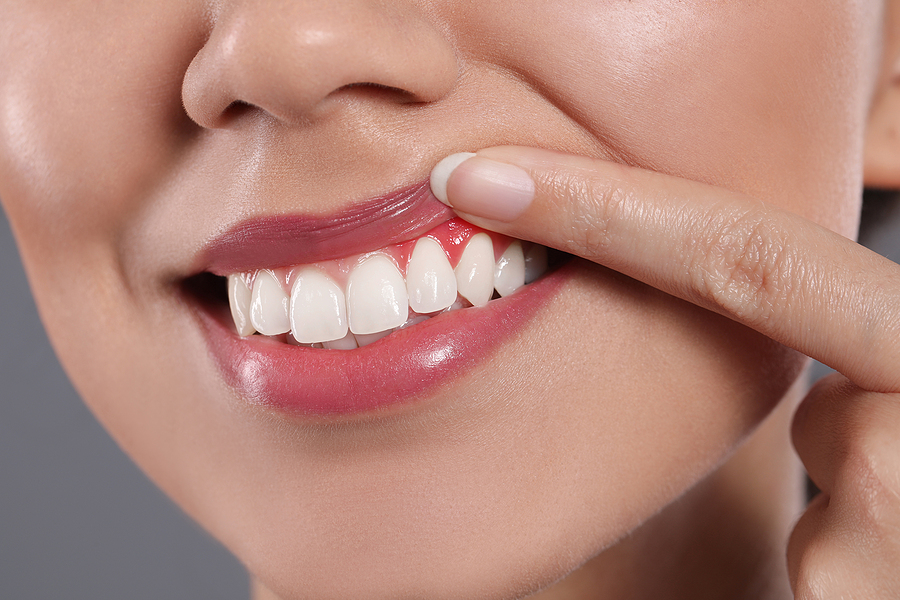
What To Expect at Your Next Dental Exam
Welcome to our blog post all about dental exams! Whether you're a seasoned patient or it's your very first visit, we're here to guide you through what to expect during your next dental exam. Regular dental check-ups are essential for maintaining good oral health and preventing any potential issues from becoming major problems down the line. So, let's dive in and explore what happens during a dental exam, how you can maintain good oral hygiene between visits, and why these appointments are so important for your overall well-being. Get ready to flash that winning smile with confidence - let's get started!
Importance of Regular Dental Exams
Regular dental exams are not just a formality - they play a crucial role in maintaining your oral health. These appointments allow your dentist to thoroughly assess the condition of your teeth, gums, and overall oral cavity. By detecting any issues early on, such as cavities or gum disease, you can avoid more extensive and costly treatments later on.
During a dental exam, your dentist will also perform a professional cleaning to remove plaque and tartar buildup that cannot be eliminated through regular brushing and flossing alone. This helps prevent tooth decay and keeps your smile looking bright and fresh.
But it's not just about the immediate benefits; regular dental exams have long-term advantages too. Dental problems left untreated can lead to serious complications like infections or even tooth loss. By staying consistent with your check-ups, you'll be able to address potential concerns before they escalate into major issues.
Furthermore, routine dental visits offer an opportunity for education. Your dentist can provide valuable advice on proper brushing techniques and flossing methods and recommend products tailored to your specific needs. They can also discuss lifestyle habits that may impact your oral health, such as diet choices or tobacco use.
What Happens During a Dental Exam?
During a dental exam, you can expect your dentist to thoroughly assess the health of your teeth and gums. The first step usually involves gathering information about your medical history and any recent changes or concerns you may have. This helps the dentist understand any potential risk factors or underlying conditions that could impact your oral health.
Next, the dentist will conduct a visual examination of your mouth, including an inspection of gums, teeth, tongue, and other structures. They will look for signs of tooth decay, gum disease, oral cancer, or other abnormalities. X-rays may also be taken to get a more comprehensive view of what's happening beneath the surface.
Afterwards, your dentist will clean and polish your teeth using special tools to remove plaque and tartar buildup. This is an important part of preventing cavities and gum disease.
Your dental exam may also include additional procedures such as fluoride treatment to strengthen enamel or sealants to protect vulnerable areas from decay.
Throughout the process, don't hesitate to ask questions or share any concerns you may have with your dentist. They are there not only to diagnose problems but also to provide guidance on how best to care for your oral health at home between visits.
Remember that each dental exam is tailored specifically to meet individual needs. So, even if you've had exams in the past, it's important not to skip them, as new issues can arise over time.
By maintaining regular dental exams every six months (or as recommended by your dentist), you're taking proactive steps toward achieving optimal oral health!
Maintaining Good Oral Hygiene Between Exams
Good oral hygiene is essential not only for a sparkling smile but also for overall dental health. While regular dental exams are crucial, it's equally important to take care of your teeth and gums between visits. Here are some tips on maintaining good oral hygiene between exams.
- Brushing your teeth twice a day is the foundation of a healthy oral care routine. Use a soft-bristled toothbrush and fluoride toothpaste to gently clean all surfaces of your teeth. Don't forget to brush along the gumline and on the tongue, too!
- In addition to brushing, flossing daily helps remove plaque buildup from areas that are difficult to reach with a toothbrush alone. Take about 18 inches of floss and carefully slide it between each tooth in a gentle sawing motion. This helps prevent cavities and gum disease.
- Using mouthwash can be an effective way to freshen breath and kill bacteria in hard-to-reach places, but it should never replace proper brushing or flossing techniques.
- A balanced diet plays an important role in maintaining good oral health as well. Limit sugary snacks and drinks as they can contribute to tooth decay. Instead, opt for nutritious foods like fruits, vegetables, dairy products, lean proteins, and whole grains.
- Don't neglect regular visits to your dentist! Even if you maintain excellent oral hygiene at home, professional cleanings help remove stubborn plaque buildup that may have accumulated over time.
By following these simple steps consistently throughout the year, you'll be well on your way toward achieving optimal oral health until your next dental exam! Remember: prevention is key when it comes to keeping those pearly whites shining bright!
Conclusion
Regular dental exams are an essential part of maintaining good oral health. By scheduling and attending these appointments, you will not only prevent potential dental problems but also ensure early detection and treatment if any issues arise.
Remember that prevention is always better than cure when it comes to dental care. Regular check-ups can save you from unnecessary pain, discomfort, and costly treatments down the road.
So don't delay! Schedule your next dental exam today and take control of your oral health. Your smile will thank you for it!
Office Hours
MON9:00 am - 5:00 pm
TUE9:00 am - 3:00 pm
WED9:00 am - 5:00 pm
THU10:00 am - 6:00 pm
FRI - SAT8:00 am - 1:00 pm
SUNClosed






comments